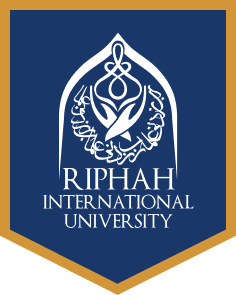PhD Medical Lab Sciences
Overview of PhD in Medical Laboratory Sciences
A PhD in Medical Laboratory Sciences is designed to prepare students for careers in research, academia, and advanced clinical practice. The program typically spans 3-5 years and involves a combination of advanced coursework, laboratory rotations, teaching experience, and independent research leading to a dissertation. The curriculum is interdisciplinary, integrating principles from biology, chemistry, and medicine to develop expertise in diagnosing, monitoring, and researching diseases.
Core Coursework and Specializations
In the initial phase of the program, students undertake rigorous coursework covering core areas such as advanced molecular biology, clinical chemistry, hematology, microbiology, and immunology. These courses delve into sophisticated diagnostic techniques and the underlying mechanisms of diseases. For example, in molecular biology, students might explore next-generation sequencing and its applications in personalized medicine, while in clinical chemistry, they might study advanced analytical techniques for biomarker discovery.
Research Methodology and Biostatistics
A significant emphasis is placed on research methodology, where students learn to design experiments, manage data, and analyze results using biostatistical tools. This foundational knowledge is crucial as students transition into their independent research projects. Courses in biostatistics and bioinformatics equip students with the skills to handle large datasets and perform complex analyses, which are essential in modern biomedical research.
Laboratory Rotations and Teaching Experience
Laboratory rotations provide hands-on experience in different research environments, allowing students to apply their theoretical knowledge to practical problems. These rotations often involve working on cutting-edge research projects, using state-of-the-art technology, and collaborating with experienced researchers. Additionally, many programs require students to gain teaching experience, helping them develop communication and pedagogical skills that are valuable in academic and educational settings.
Dissertation Research
The centerpiece of the PhD program is the dissertation, an original research project that contributes new knowledge to the field of medical laboratory sciences. Students identify a research question, conduct extensive literature reviews, design and execute experiments, and analyze their findings. This process is supervised by a faculty advisor and typically involves presenting findings at conferences and publishing in peer-reviewed journals.
COURSE FACTS | ||||||
| Study Level | Study Mode | Course Length | Intake | Credit hours | Classes Timing | 1st Semester fee |
|---|---|---|---|---|---|---|
| Doctorate degree | Full Time | 3 Years | Spring & Fall | 18-credit course Hours + 30 credit hours research work | Saturday-Sunday | Rs:207,700 |
Entry To PhD Medical Lab Sciences | ||||||
| Eligibility Criteria | Seats | Scholarships | Campus | Application Deadline | ||
Eligibility Criteria: MPhil/ MS in Medical Laboratory Technology/ Sciences (18-year education) from any HEC Recognized University with minimum 3:0/ 4:0 CGPA in semester system and/or first division in annual system OR equivalent 18 years of education/ degree in relevant field (Biological and Medical Sciences) Admission Test: Minimum 70 % qualifying score in the University entrance test for PhD program | Up to 100% | Gulberg III Campus,Lahore | ||||
